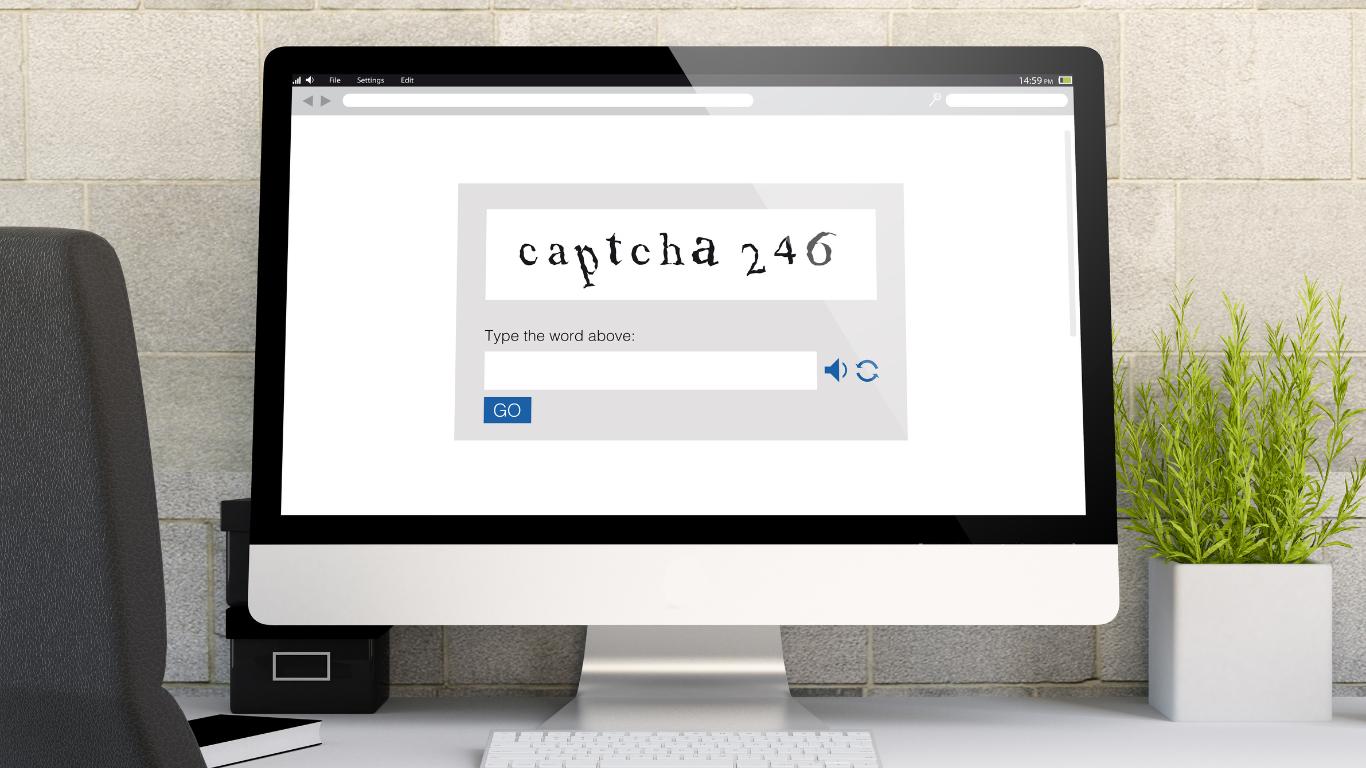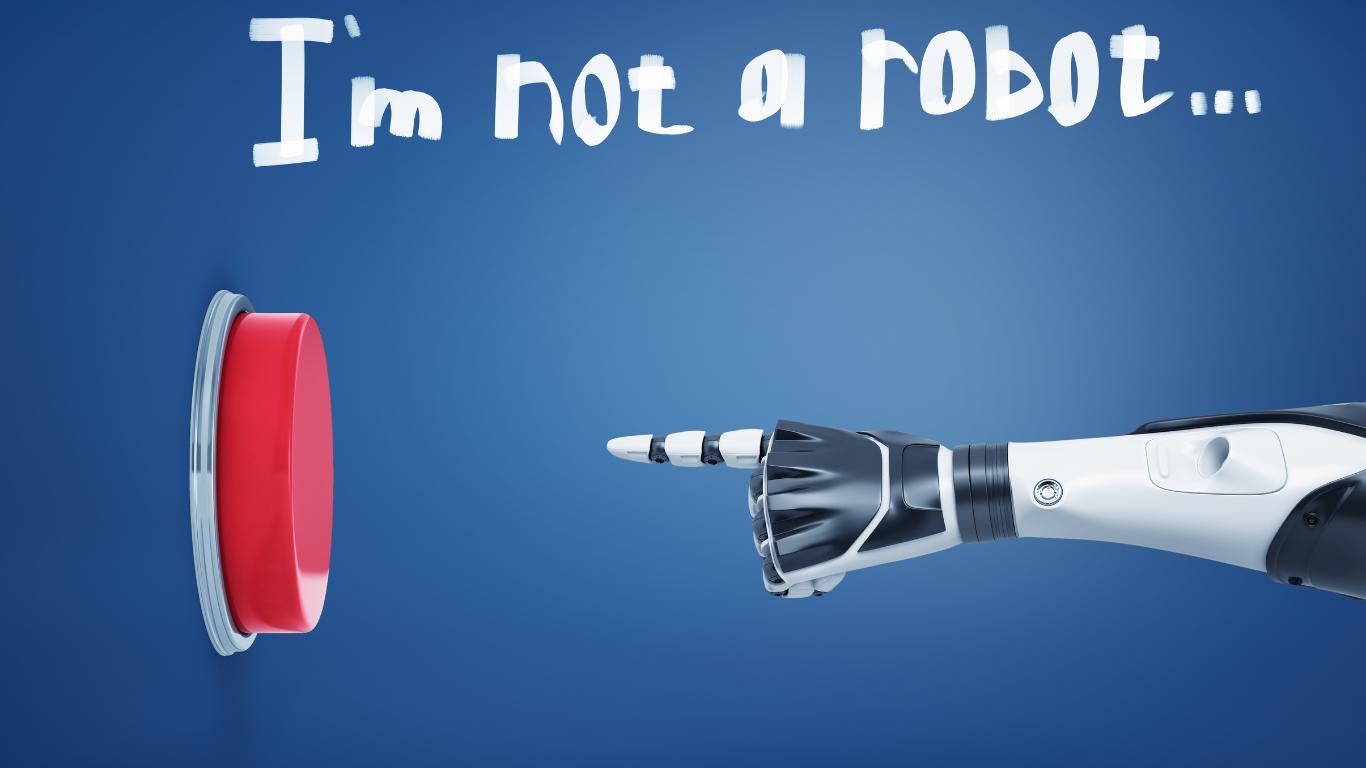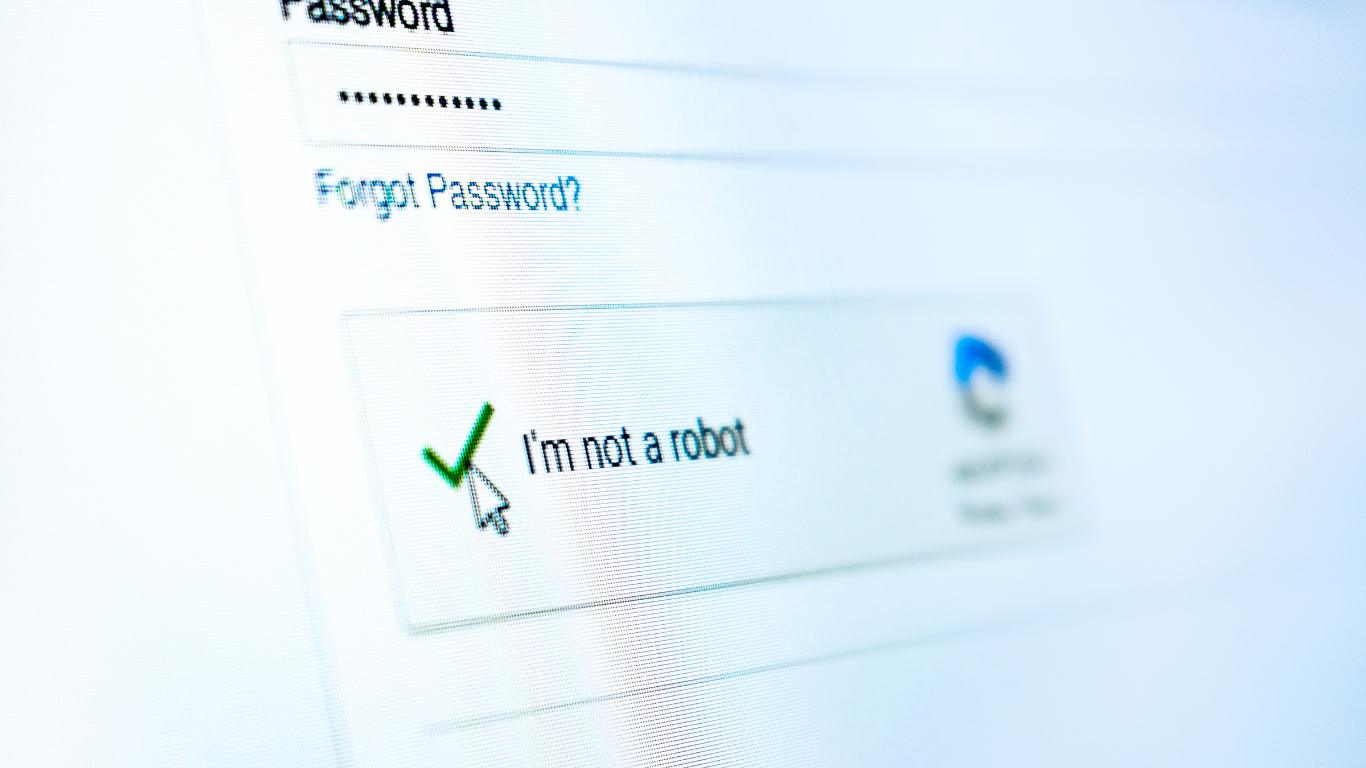CAPTCHAs Are Getting Out of Control
Why Proving You’re Not a Robot Feels Like a Test You Can’t Pass
We need to talk about CAPTCHAs. You know, those little security puzzles that websites force you to complete just to prove you’re a real human and not some rogue AI trying to buy sneakers in bulk. Once upon a time, CAPTCHAs were simple: type a couple of squiggly letters, and you were in. But today? It’s like trying to pass an entrance exam for the Internet.
Why is proving you’re not a robot so hard? I mean, seriously, do we look like a traffic light experts? How did clicking crosswalks become a part-time job? Let’s dive into the absurdity of modern CAPTCHAs and why they’re making human verification more frustrating than ever.
Step One: Identify as a Human (Or Fail Miserably)
You innocently try to log into a website, and suddenly – BAM! A CAPTCHA appears, demanding you prove your humanity.
- “Select all images containing bicycles.”
- “Click every picture with a bus.”
- “Find all squares that contain a traffic light.”
Great. Now, instead of browsing peacefully, you’re an unpaid data entry worker for AI training. And, naturally, the images are so pixelated that you’re not sure if that blob is a bus, a shadow, or an elaborate scam.
After triple-checking your choices, you submit… and fail.
HOW? Did we miss a microscopic portion of a traffic light in the corner? Did Google change the definition of a bicycle overnight? You start thinking to yourself, “Am I actually a robot?!”
The CAPTCHA Arms Race: From Simple Tests to Psychological Warfare

Once upon a time, CAPTCHAs were simple:
- Enter a few distorted letters.
- Click “I’m not a robot.”
- Move on with your life.
But that wasn’t secure enough. Spambots evolved, AI got smarter, and websites needed stronger tests. Now, proving you’re not a robot is like navigating a maze designed by a sadistic game master.
- The Math CAPTCHA: Solve 17 + 9 (Oh sure, let me just do mental math at 2 AM.)
- The Checkbox Trickery: Click “I’m not a robot,” and it still gives you an image test. (LIARS.)
- The Logic Puzzle: Which of these objects belongs in the group? (Philosophy 101 was easier than this.)
- The Endless Clicking: Click on all boats → Click on all bridges → Click on all crosswalks. Click, click, click… why am I still clicking?
Somewhere, an AI bot is laughing while actual humans are failing the very test designed to keep robots out.
Why Do CAPTCHAs Hate People More Than Robots?

Here’s the irony: actual bots are getting better at solving CAPTCHAs while humans are struggling.
- AI can now recognize objects in images faster than us.
- Bots can crack distorted text CAPTCHAs with OCR software.
- Automated scripts can bypass basic click tests.
Meanwhile, the real, breathing, thinking humans are here sweating over whether a piece of a truck is inside a 3-pixel square.
It’s 2025. We have self-driving cars, AI assistants, and robots doing surgery—but apparently, verifying our humanity is harder than launching a rocket.
A Better Future: Can We Fix This Madness?
If websites really want to make CAPTCHAs work without driving real users to madness, here’s what they should do:
- Make tests actually human-friendly. If we need to zoom in on a picture, it’s already too hard.
- Give us a CAPTCHA we can actually enjoy. Want us to prove we’re human? Make us pick the best pizza toppings.
- Use smarter AI. If my browsing history already proves I’m a person (because robots don’t spend hours on Reddit), maybe just let me through?
- Bring back the easy checkboxes. No games, no nonsense – just let me click and go.
Can We Just Agree That CAPTCHAs Are Out of Control?
Listen, we get it, websites need security. Bots are a problem. Spam is annoying. But if proving you’re not a robot feels more like an IQ test than a security measure, maybe we need a rethink.
So, dear internet overlords, can we stop making human verification a full-blown interrogation? Until then, we’ll be over here, failing our CAPTCHA for the third time, questioning our existence, and wondering if we are secretly robots all along.
